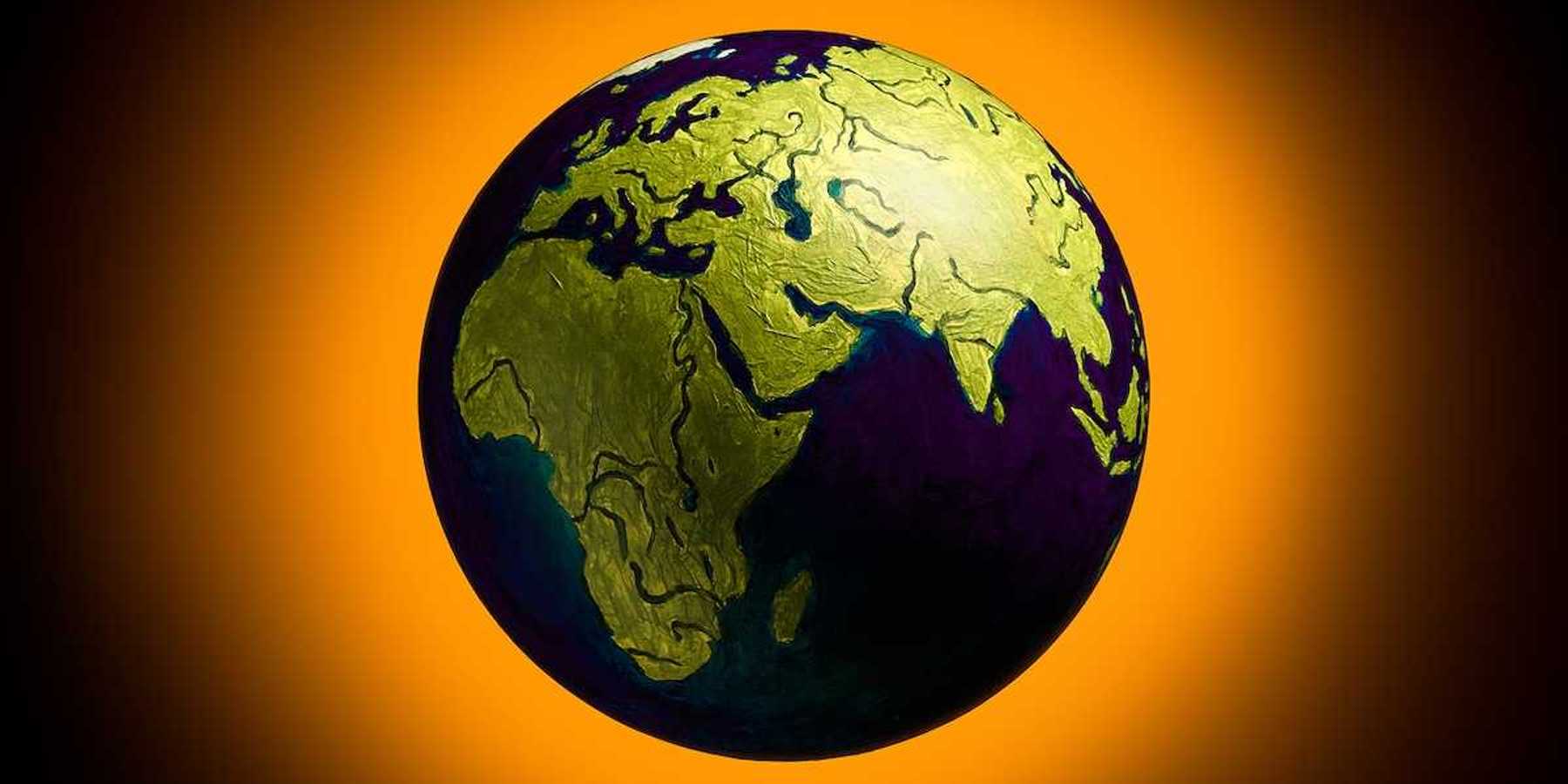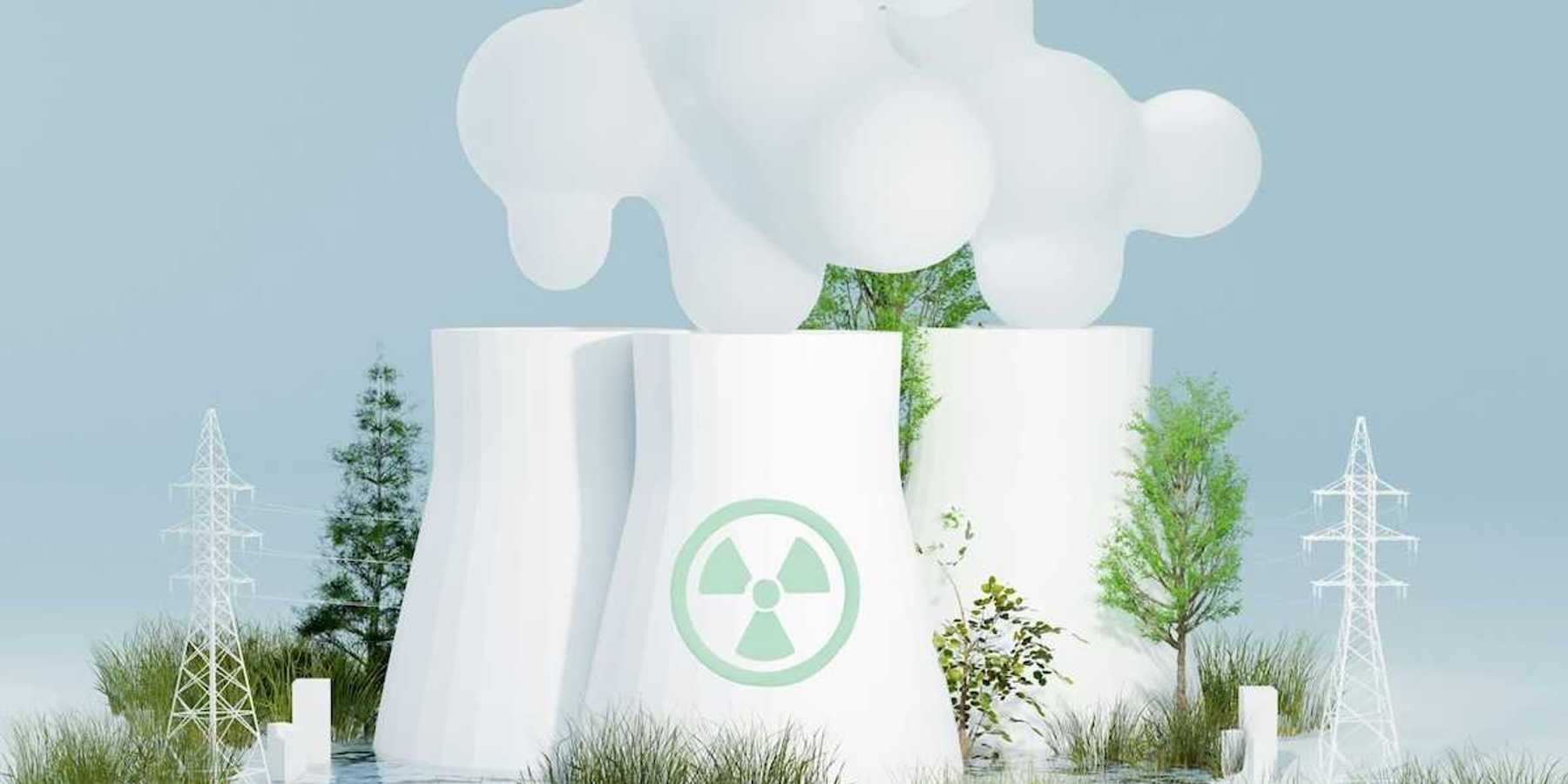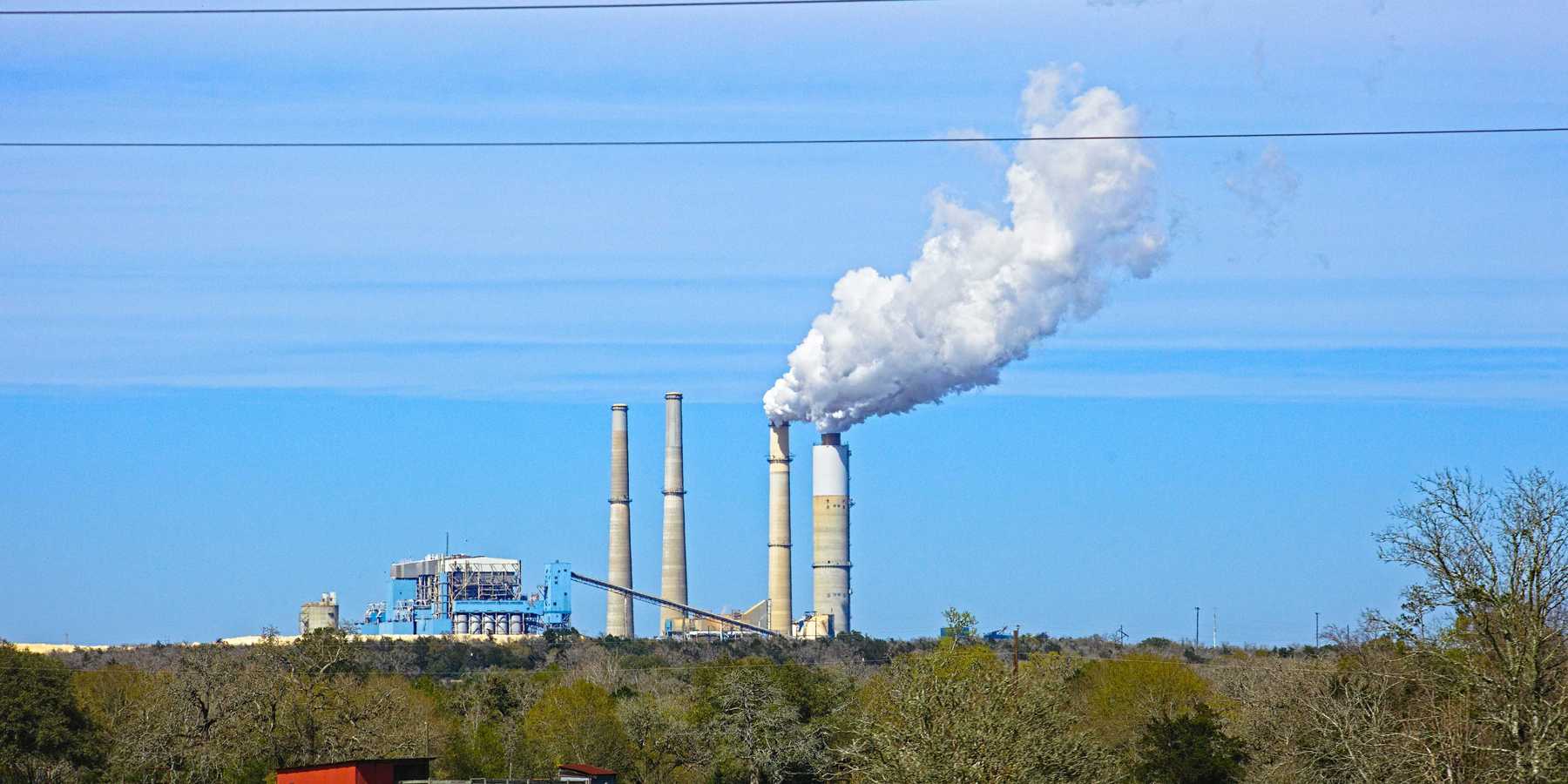
For 2020: Not a resolution, but a plea
As we head into the new year how about a little more honesty and a little more reality? And a lot more passion when needed.
As the year comes to a close, here is my wish list and suggestions for all of us in the coming year who cover the environment.
First, a little constructive gripe: Can we please not deal in rhetoric that suggests all is lost on climate in 12 years?
I must point out that was 2018's rhetoric, so we'd now only have 10 and a half years to Doomsday. If the fossil fuel industry hasn't unconditionally surrendered by then, it slams the rhetorical door in climate advocates' faces. You have five years to stop saying this, or else.
Second, not long ago, we heard that natural gas from fracking will be the "bridge fuel" to clean energy; flame retardants always save lives; glyphosate is the harmless alternative to conventional pesticides; and vaping will be the solution to the scourge of lung cancer. Entering 2020, we know that none of these have proven true. Optimism toward finding solutions is still essential, but so is keeping a diligent and cynical eye on ourselves. Don't buy into perceived solutions that aren't—like when the Sierra Club's otherwise roaringly-successful Beyond Coal campaign accepted $25 million from frackers.
Next: Can we – please – see at least one prominent climate denier step back, take a deep breath, look at the science and on-the-ground evidence and concede that man-made climate change is real and desperately needs to be addressed? In recent years, very few, like think tanker Jerry Taylor and scientist Richard Muller, have made the mea culpa switch.
My nominee for climate convert is Sir Rupert Murdoch. His Fox News and other worldwide outlets still incorporate climate denial into both their editorial and business plans. Back in the day, before denial became de rigeur for conservatives, Sir Rupert was all in on making a carbon-neutral News Corp. Even today, as his native Australia burns itself to the ground, he and his media empire won't have any of this climate hoax. Before her death in 2013, Rupert's mum, Dame Elisabeth Murdoch was a 101 year-old climate activist.
And while we're at it, can we all do a better job of connecting the dots between climate denial and the other potent forms of denial impacting modern America and the world? There are overwhelmingly common bonds between climate denial and those who fail to see the mendacity and corruption of President Trump. Or the link between the horrifying death toll from guns in the U.S. and the tens of millions of fact-blind NRA members. Or the 2009 theft, allegedly by Russian hackers, of thousands of climate scientists' emails, used deceptively to discredit the science, and the subsequent hacks of political emails – not to mention voting data. It's a clear pattern, benefitting the same politically-interested few.
Also, let's support journalism at all levels as a key player in education on environmental problems. Industry mainstays like the New York Times, Washington Post, and the AP have upped their games. A legion of nonprofits, including this one, have offered a sharp focus on climate reporting.
Donald Trump's impeachment and related scandals are no doubt the biggest news stories on any given day. But climate change, its impacts and potential solutions, are the story of the century. In the new year, I hope we all show a better understanding of this.
Peter Dykstra is our weekend editor and columnist. His views do not represent those of Environmental Health News, The Daily Climate or publisher, Environmental Health Sciences.













